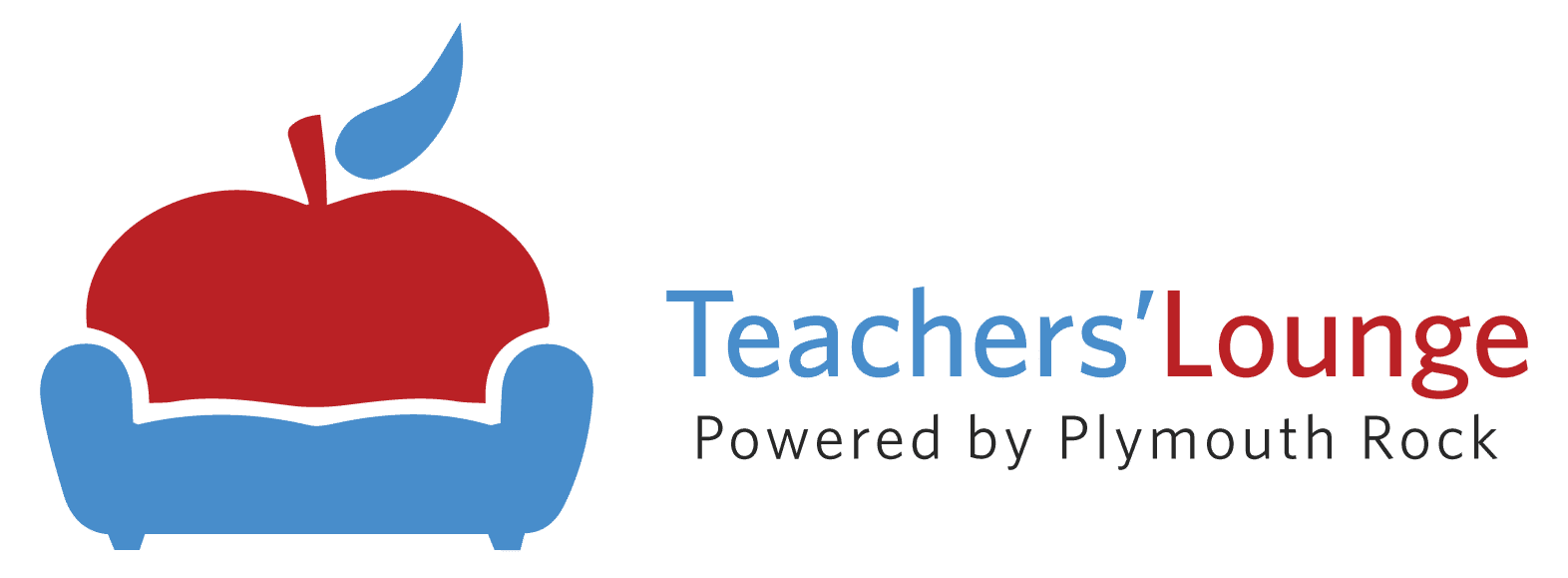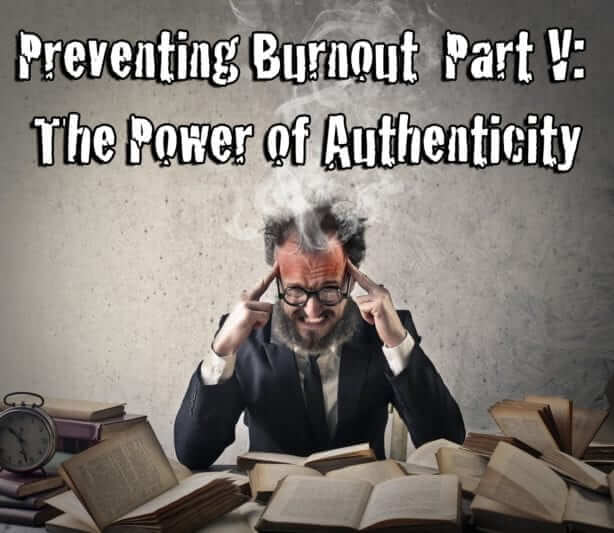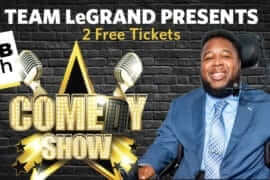Preventing Burnout Part V: The Power of Authenticity
The following is the final part of our “preventing teacher burnout” series presented by our colleagues at TeacherCoach.
My 11-year-old daughter recently debuted in a community theater performance of Brighton Beach Memoirs. If you aren’t familiar with this classic Neil Simon play, it’s among other things a coming of age story about a teenage boy. The director approached me after the play and shared that in rehearsal last week, my 11-year-old asked one of the adult women what ‘whacking off’ meant. The surprised adult actress deftly directed my daughter back to her parents which I was nervously awaiting.
This led me to consider reasons how my daughter or anybody might decide when to hold back and when to be open. For my daughter, there might have been some sense of shame or embarrassment which kept her from asking her parents this question, which I can’t say I’m all together unhappy about. But as parents and educators, what’s the risk we take in perpetuating young people’s resistance toward being more open and honest and how might our paradigm impact our own lives as well?
There are three main ways we hold back, preventing authenticity, including withholding about what has happened/ what is happening, how we feel about others, and who we are (at the core) as a unique individual. By avoiding these areas, we engage in what I call ‘surfacing’ talk, which are conversations about stuff. If we are afraid of feeling vulnerable, exposing our frailties, or making mistakes, we will surely be limited in one of these areas. As Jack (the father) said to Stan (oldest son) in the play, “if you think I’m perfect, you’ll spend your life hating yourself.”
I’d estimate that most of us avoid that level of transparency, leading us content oriented discussions over deeper dialogue. This means we are discussing, instructing, debating, informing, advising, judging, or analyzing, which for teachers makes perfect sense. While there is certainly educational value in these transactional exchanges, they do less to promote depth and intimacy, which we require for happiness.
As an educator, your focus is on helping others gain knowledge, synthesize data, and discriminate how and why things work, making content focus most natural. Outside of work, you may be relating in much the same way, maintaining certain boundaries that keep others at a distance. When this type of safe, topical mode of interaction because engrained, it limits our meaningful dialogue that’s needed to get needs met such as love, intimacy, and fulfillment.
It may be difficult to deepen from surfacing, the types of exchanges that focus on content or outcomes to the more meaningful dialogue around needs. To guide you, become interested in the process, the how of your exchanges over the what. If it’s your dissatisfaction with a parent or student, consider how you are feeling toward your colleague and them you.
And for the teacher who wants to improve their romantic relationship, build stronger friendships, collegial relationships, or get closer with our family, the same holds true. If we are going to find peace, happiness, and fulfillment in our lives, we will lessen the percentage of ‘surfacing’ types of exchanges and grow the types that help us learn about ourselves and others.
The power of authenticity is the difference between being content and happy, between having friendships and enjoying deep intimacy, and for school teachers it can be the defining factor of how long and satisfying our career is. A recent Gallup poll found that over 70% of teachers and over half of students feel disengaged at school, making this the potentially biggest issue we face in modern education and potentially a significant factor in burnout.
If you want to prevent burnout, you need to ensure that you don’t become disengaged, which can happen when we are being less authentic. It may not always feel safe to express how we think or feel, especially when others expect us to be ‘nice’, ‘polite’, or diplomatic. Keep in mind that being authentic doesn’t mean you aren’t kind or caring, it simply means that you are making your wants and needs a higher priority than you may currently be doing.
Mrs. D., our early retired teacher from Part I of this series, believes that teaching requires a new type of mindset, one that incorporates the principles of healthy living as outlined in this series, but also possesses a high tolerance for change. Only those people who can adapt to a quickly to a changing environment without feeling the burden of expectation, she said, will be the ones who make it to retirement.
This article is written by Jared Scherz, Ph.D., M.Ed. and CEO, of TeacherCoach a professional and personal teacher health site.





